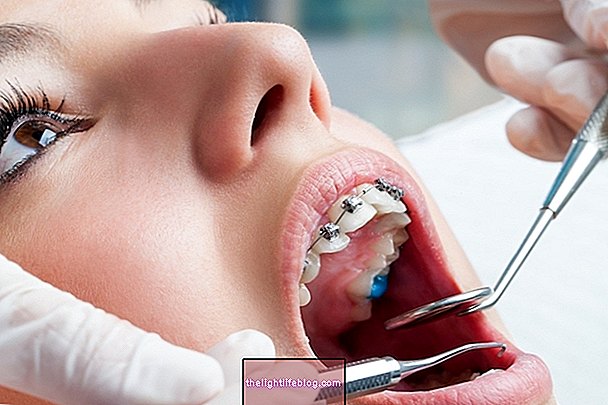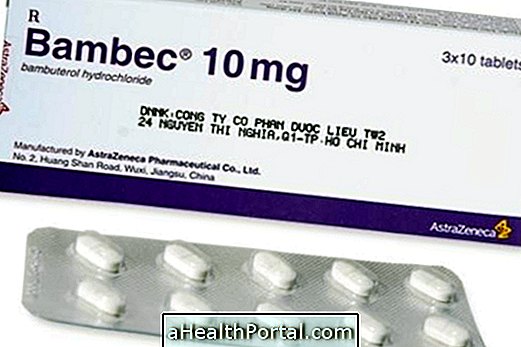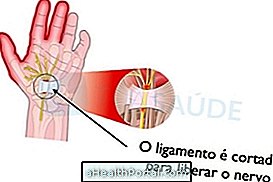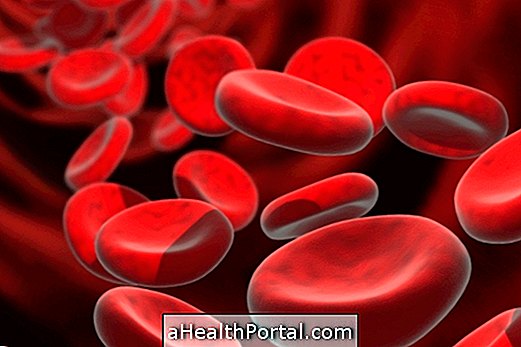The most appropriate tests to evaluate prostate health are rectal examination and PSA blood tests, which should be performed every year by all men over 50 years of age.
When changes are found in these 2 exams, the doctor may order other such as urine jet metering, transrectal ultrasound, PCA3 urine examination, and biopsy, which are ordered according to the need of each person.
Here are the exams that evaluate the prostate:
1. PSA - Blood Test
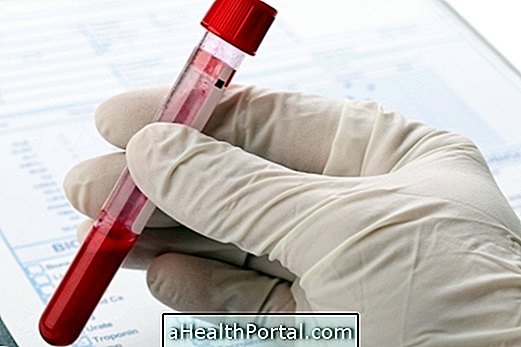
It is made from a common blood test that evaluates the tumor marker PSA, which has normal results values less than 4 ng / ml. Thus, when this value is increased, it can indicate problems like inflammation of the prostate or cancer. However, this value also increases with age and therefore it is important to take into account the laboratory reference value. Learn how to understand the outcome of the PSA exam.
Preparation for blood test: To carry out the laboratory blood test it is not necessary to make any specific preparation, just take the doctor's request.
2. Rectal Touch

Another essential exam to evaluate the prostate is the rectal touch performed by the doctor in the office during a consultation with a urologist or proctologist. This test is very fast, taking about 1 minute and does not hurt, although it can be uncomfortable. In this examination the doctor can evaluate if the prostate looks bigger or harder than it should. Understand how the rectal exam is done.
Rectal preparation: A laxative can be indicated to clean the bowel, and during the examination the patient should stand slightly inclined, or stand in the 4-position position with knees and hands on the stretcher, and contract the muscles of the pelvic region during palpation.
3. Transrectal Ultrasonography

Transrectal ultrasonography or ultrasound of the prostate is done to assess the size of this gland and identify changes in its structure, which is very useful in the diagnosis of prostate cancer early in its development. But because it is an invasive exam, it does not need to be performed every year, only when there is PSA changes and rectal examination, and the doctor usually takes this exam to collect the sample to perform the prostate biopsy.
Ultrasound preparation: Laxative may be indicated prior to examination to empty the bowel.
4. Measuring the jet of urine
Urinary flowmetry is an examination ordered by the doctor to evaluate the jet strength and the amount of urine in each urine, because when changes occur in the prostate the jet is slower and weak, indicating changes. This test is not performed as a specific diagnosis of prostate cancer but is useful in case of prostate cancer already detected for its monitoring because it helps to understand its impact on the bladder and urethra.
Preparation for flow meter: You must have a full bladder and urge to urinate, and it is important to drink at least 1 L of water before the examination, which is done with the individual by urinating in a specific container connected to a computer, which registers the time and urine volume.
5. Laboratory Urine Examination
The urologist may also order a urine test, called PCA3, which is specific for evaluating prostate cancer because the test does not show other changes, such as prostatic hyperplasia. This urine test also shows the aggressiveness of the tumor, being useful to choose the appropriate treatment.
Preparation for urinalysis: Urine collection should be done shortly after rectal examination in specialized clinics.
6. Biopsy
Prostate biopsy is done to confirm diagnoses of changes in this gland, such as cancer or benign tumors, and it is necessary to remove a small part of the gland to send for analysis in the laboratory. This examination is always done in conjunction with prostatic ultrasonography, for a better visualization of the structures. See How Prostate Biopsy is Done.
Preparation for prostate biopsy: It is usually necessary to take the antibiotic prescribed by the doctor for about 3 days, to fast for 6 hours and to take laxative to clean the intestine.
Watch the following video and understand how these exams are performed:

Age to take the prostate exam
It is indicated to make diagnostic tests, such as PSA and rectal examination, from the age of 50, but when the man has first-degree relatives with prostate AC, it is indicated to perform from 45 years of age.
These 2 exams are basic and should be repeated 1 time per year.
But when man has benign prostatic hyperplasia these tests should be repeated annually, regardless of age.
When the doctor finds changes in these 2 basic exams, he requests others as needed.
What may be the altered prostate exam
The exams may have changed results when problems occur, such as:
- Inflammation of the prostate, known as benign prostate tumor;
- Presence of bacteria in the prostate, also known as prostatitis;
- Taking medications, such as diuretics, steroids or aspirin;
- Performing medical procedures to the bladder, such as biopsy or cystoscopy, may raise PSA levels slightly.
Furthermore, with aging, PSA blood test levels may increase and not mean disease. See other causes of enlarged prostate in: Enlarged prostate, the most common alteration of the prostate.







